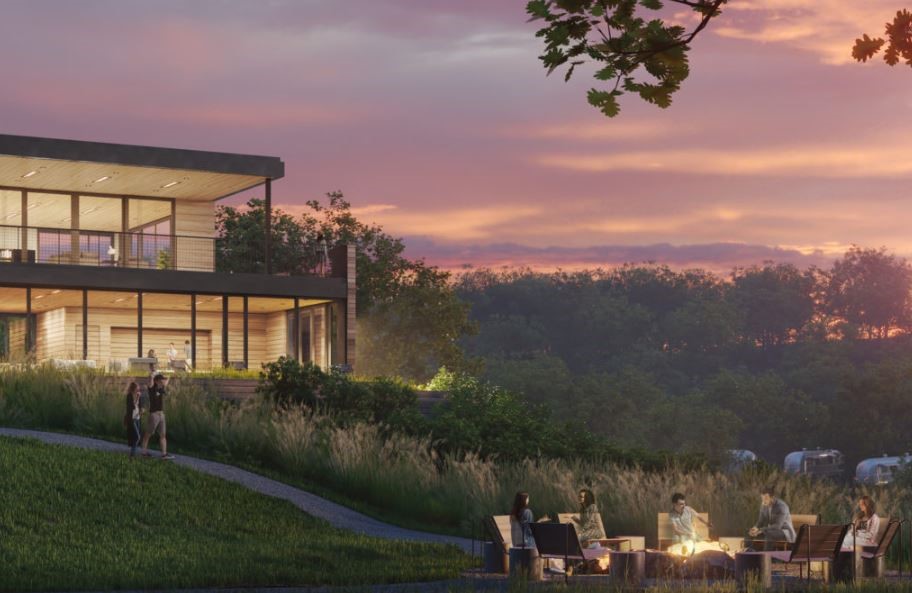By Roth Johnson
Seasonality and Market Performance
As with most leisure markets, particularly those driven by weather, the Cape Cod market has a high degree of seasonality. In the last three years, peak-season August occupancy levels have averaged in the mid-80s, while low-season January occupancy levels have averaged in the low 20s. Both local hoteliers and the Cape Cod Chamber of Commerce have been mildly successful in expanding shoulder seasons in April, May, September, and October. Occupancy at upscale, upper-upscale, and luxury hotels on the Cape increased 5% from May 2017 to May 2019, and 6% from September 2017 to September 2018.
In addition to occupancy growth, ADR growth in these three chain scales has improved, as well, increasing 5% year-over-year 2018 to 2019 during the period from January through August, resulting in an overall RevPAR increase. From 2009 through 2018, RevPAR’s compound annual growth rate (CAGR) reached nearly 7% among upscale, upper-upscale, and luxury hotels.
New Lodging Options
While new hotel openings have been limited in recent years, new lodging options have infiltrated the Cape Cod market. Airbnb and other short-term rental platforms are perhaps the most significant threat to hotels on the Cape. Wendy Northcross of the Cape Cod Chamber of Commerce noted, “Cape Cod [Chamber of Commerce] has been tracking short-term rental data from AirDNA for several years, and we’ve noted an over 200% increase in supply from 2016 through November 2018—a significant growth factor of online listings. The data now show the Cape Cod market is the second largest short-term rental market in Massachusetts by revenue and supply.” Despite this significant increase in short-term rental supply, there has been little impact on the aforementioned hotel chain scales’ overall performance.
Also worth noting, another non-traditional lodging option coming to market is AutoCamp Cape Cod in Falmouth (under construction). AutoCamp is a glamping experience that converts Airstream trailers into luxury lodging accommodations. AutoCamp currently operates three sites in California (Russian River, Yosemite, and Santa Barbara). AutoCamp Cape Cod will be the company’s first location on the east coast, continuing the trend of alternative, unique lodging options on the Cape.
Headwinds
While alternative lodging options have minimally affected the Cape-wide hotel market, and even though new supply is limited, unpredictable events like weather and shark activity seem to have substantial impact on lodging performance. In September 2018, a fatal shark attack marked the first shark-related fatality in more than 80 years. While it is hard to determine if this had a direct impact on lodging performance, occupancy decreased roughly 4% from the summer of 2018 to the summer of 2019. Moreover, a series of severe storms in July 2019 caused occupancy to decrease.
Although unpredictable events shall remain a threat, the lack of new supply planned and the market’s proximity and accessibility to/from major metropolitan areas will continue to bolster demand.


